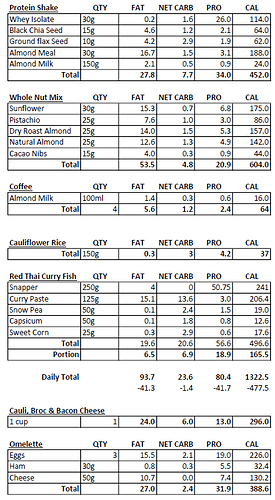I don’t understand the mechanism, but this is the reason Dr. Phinney gives for recommending protein in the range of 1.0-1.5 g/kg of lean body mass. On the other hand, there are experts who recommend much larger amounts of protein, and Ted Naiman claims that “there is no such thing as too much protein.” Yet people on a carnivore diet eat a lot of protein and carnivore ketone levels are notoriously low.
The issue is what ketones mean. In one sense, they are an indication that we are in fat-burning mode, because the presence of circulating ketones is a guarantee that insulin is low enough. In another sense, though, the ketones are beneficial not simply as fuel, but they also have epigenetic signaling value. And if one has insulin resistance of the brain, or some other brain condition that benefits from ketones, then maintaining a high level of circulating ketones can be really important.
Another issue is the amount of protein we lose to deamination. The body needs a supply of nitrogen for various purposes, and that nitrogen has to come from amino acids. There is a certain minimum daily nitrogen loss, which is why protein is required in our diet. If we don’t get it in our food, the body starts using muscle proteins as a source of this nitrogen. Nitrogen loss is highly variable from individual to individual, which is perhaps why there is so much debate over how much protein is enough, and how much is too much.



